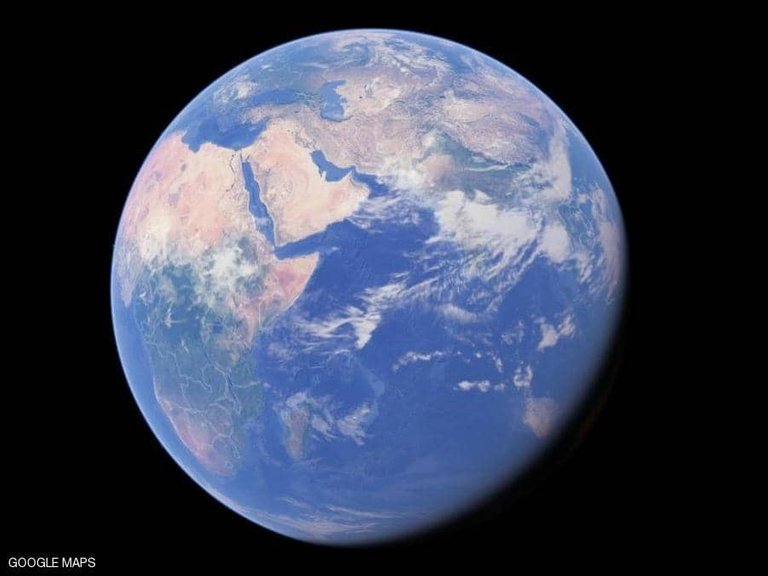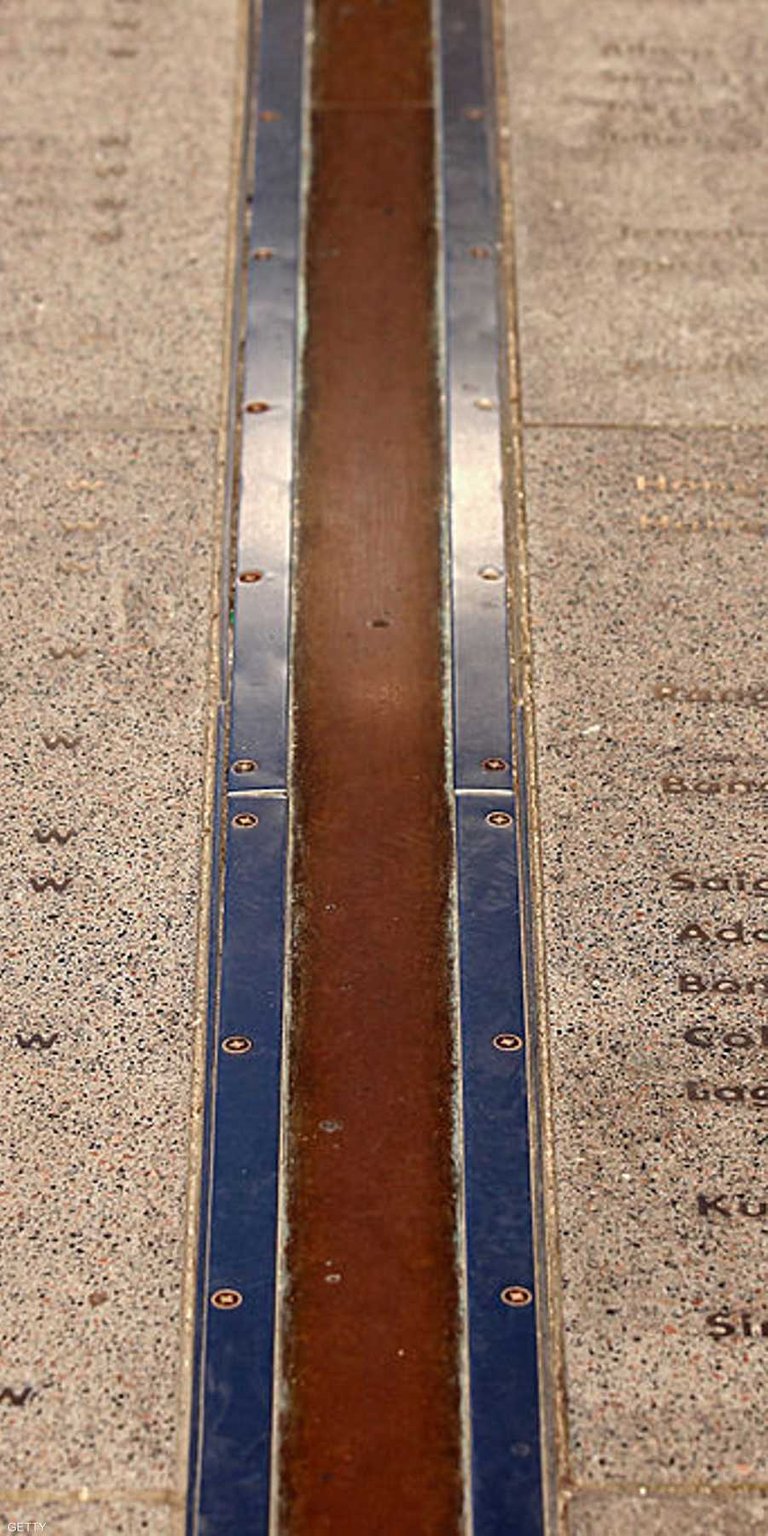Translations - Abu Dhabi
For anyone standing on the "first meridian" at the Royal Observatory in Greenwich, south of London, carrying a compass will know that the true north of the Earth does not correspond to its magnetic north.

The magnetic north is in constant flux, due to the Earth's wandering magnetosphere, and the real north is the extreme north end of the Earth's axis.
That is why the real north and the magnetic north have not matched for centuries, but this will change next month. For the first time in 360 years, the real north and the magnetic north will align.
This alignment for traditional explorers in and around London means that there will be no need to make adjustments to the compass readings to distinguish between the true north and the always magnetic north to the east.
This is a very rare event. It has never been built before the Greenwich Observatory was built in 1676, according to the British newspaper "Telegraph".
In fact, when the first meridian (Prime Meridian) was identified in 1884, it referred to an imaginary line between the Arctic and the South Pole, and the magnetic north was leaning about 25 degrees to the west, one of the largest contradictions between the North in hundreds of years.
The angle created by the compass needle between the real north and the magnetic north is known as "deviation", and over the past few hundred years the deviation in Britain has been negative, meaning that all the compass needles were pointing west to the real north.
Experts say the zero-deviation line, dubbed the "no-deviation line," moves westward at a rate of about 20 kilometers per year.
"At some point in September, the non-deviation line will match the longitude in Greenwich," said geologist Gearan Bijan of the British Geological Survey. "This is the first time since the observatory that geographic coordinate systems coincide with geo-magnetic at this location." .
Bijan added that this phenomenon "will continue in Britain for 15 to 20 years, by 2040, and then likely to begin to deviate east of the real north."
However, the combination of magnetic north and true north and their congruence will have no impact on everyday life.
The Greenwich line is a time-scale based on the rotation of the Earth around itself in one day based on the longitude passing through the British Royal Astronomical Institute in the town of Greenwich in Britain, which adopted a reference point for timing in 1883, and adopted as the zero line.
The magnetic north pole is a point on the Earth's surface that lies in the northern half of the Earth and then the direction of the geomagnetic field vertically downward. .